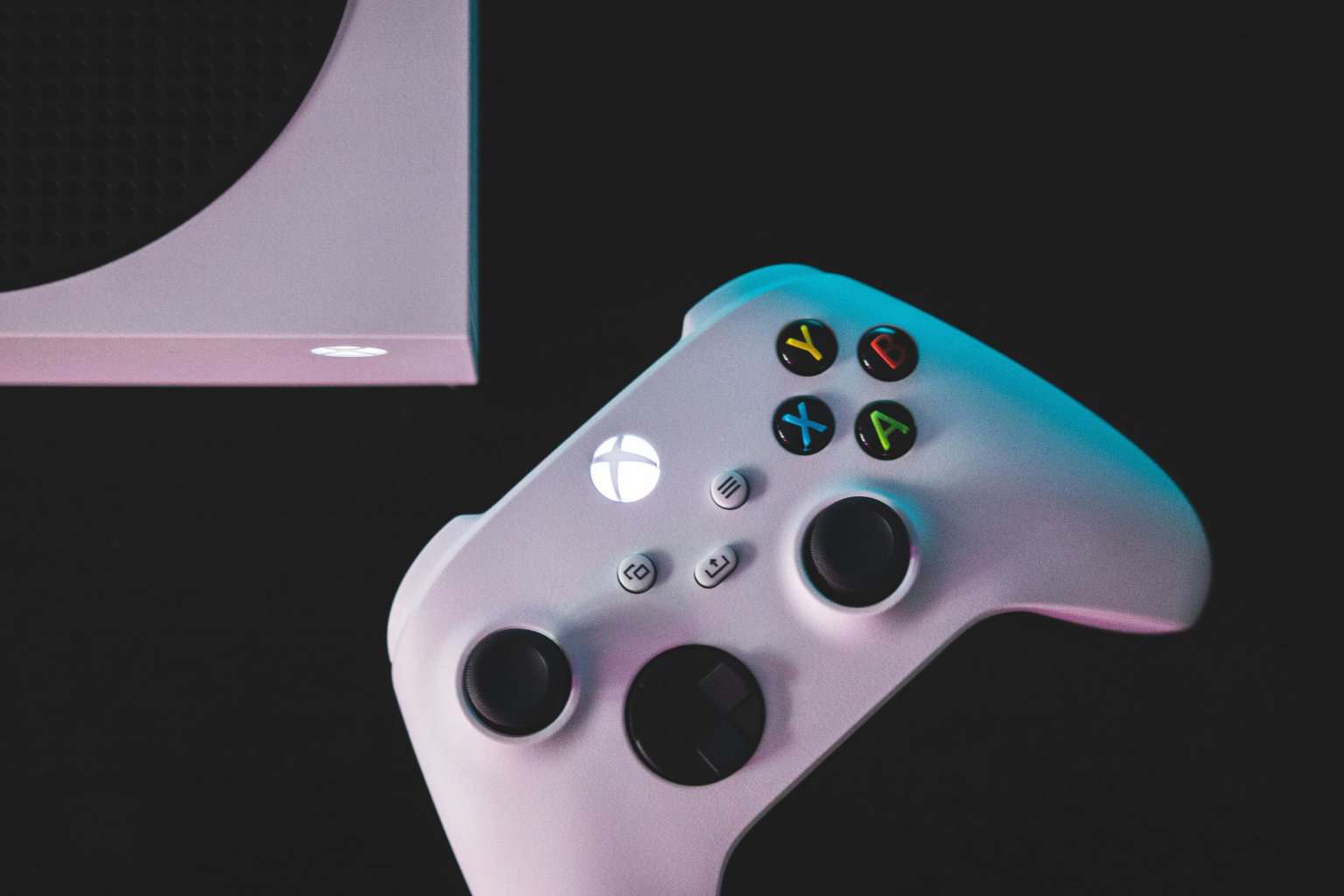Chrome to Stop Windows Autocorrect from tracking Incognito & PiP Browsing
Chrome incognito and Picture in Picture modes get a privacy boost
2 min. read
Published on

While Incognito mode prevents your browsing history from being saved, there was a privacy issue with Windows’ built-in text input features like autocorrect and text prediction. Chrome is now setting the “IS_PRIVATE” Input Scope for both Incognito and Picture-in-Picture windows also to address this.
In Incognito mode, your browsing history, cookies, and site data aren’t saved on your device. Similarly, PiP allows you to pop out a video window and have it float on top of other applications, without saving your browsing history.
Windows text input features are designed to be helpful by learning from your typing behavior across applications. However, this could have compromised your privacy in Incognito or PiP mode. Autocorrect and text prediction could potentially learn from the data you enter, even during private browsing sessions.
Here, we are specifically referring to the Windows Operating System’s built-in text input intelligence features.
These features include:
Autocorrect: This feature automatically corrects typos as you type.
Text prediction: The system suggests words or phrases based on your previous typing patterns.
Chrome Incognito & PiP Get a Privacy Boost: No More Autocorrect Tracking on Windows!
Google has addressed this concern with recent code commits within Chromium, the open-source project behind Chrome. These commits [1] &[2] enable Chrome to set the “IS_PRIVATE” Input Scope for both Incognito windows and PiP windows.


What Does “IS_PRIVATE” Input Scope Do?
This setting essentially tells Windows that the data you’re entering during Incognito and PiP browsing is private. Windows should not use this data for its text input intelligence features, like autocorrect or text prediction.
Chrome is taking your privacy seriously. Chrome’s “IS_PRIVATE” Input Scope ensures your Incognito and PiP browsing experiences are more secure by preventing Windows text input features from potentially learning from your private browsing activity.
Microsoft has contributed a lot to Chromium and in this privacy issue also Microsoft has helped Google.
Additionally, Chrome saves resources when media is playing in background tab groups and Google may still use human reviewers for Chrome AI history search feature.









User forum
0 messages